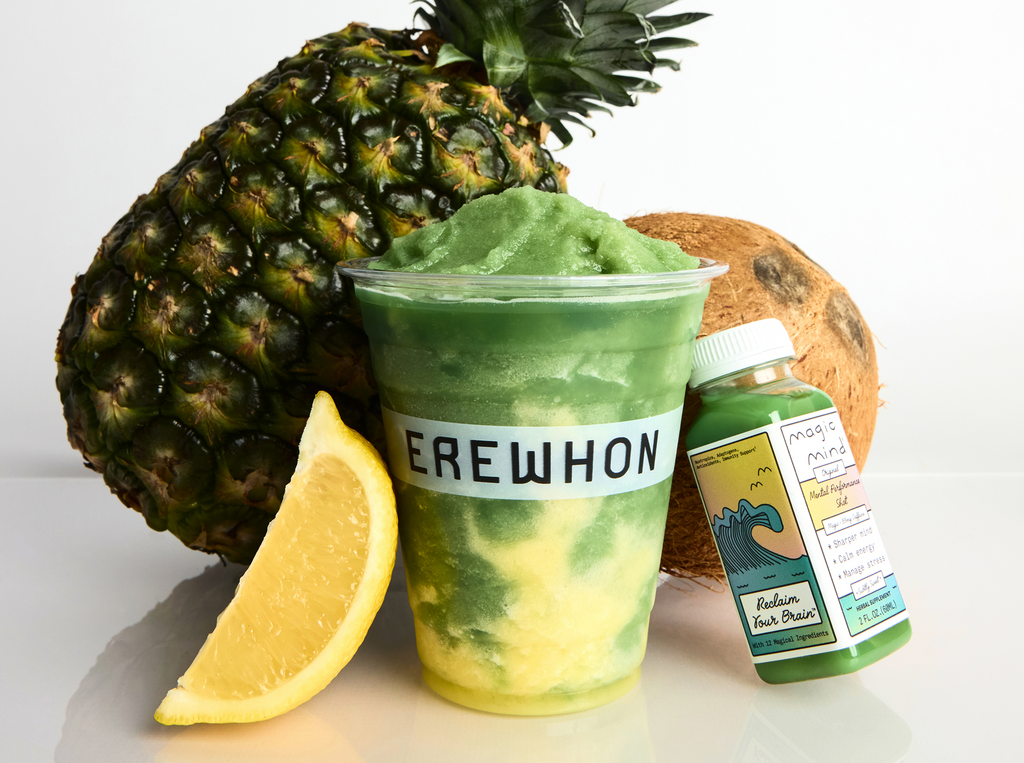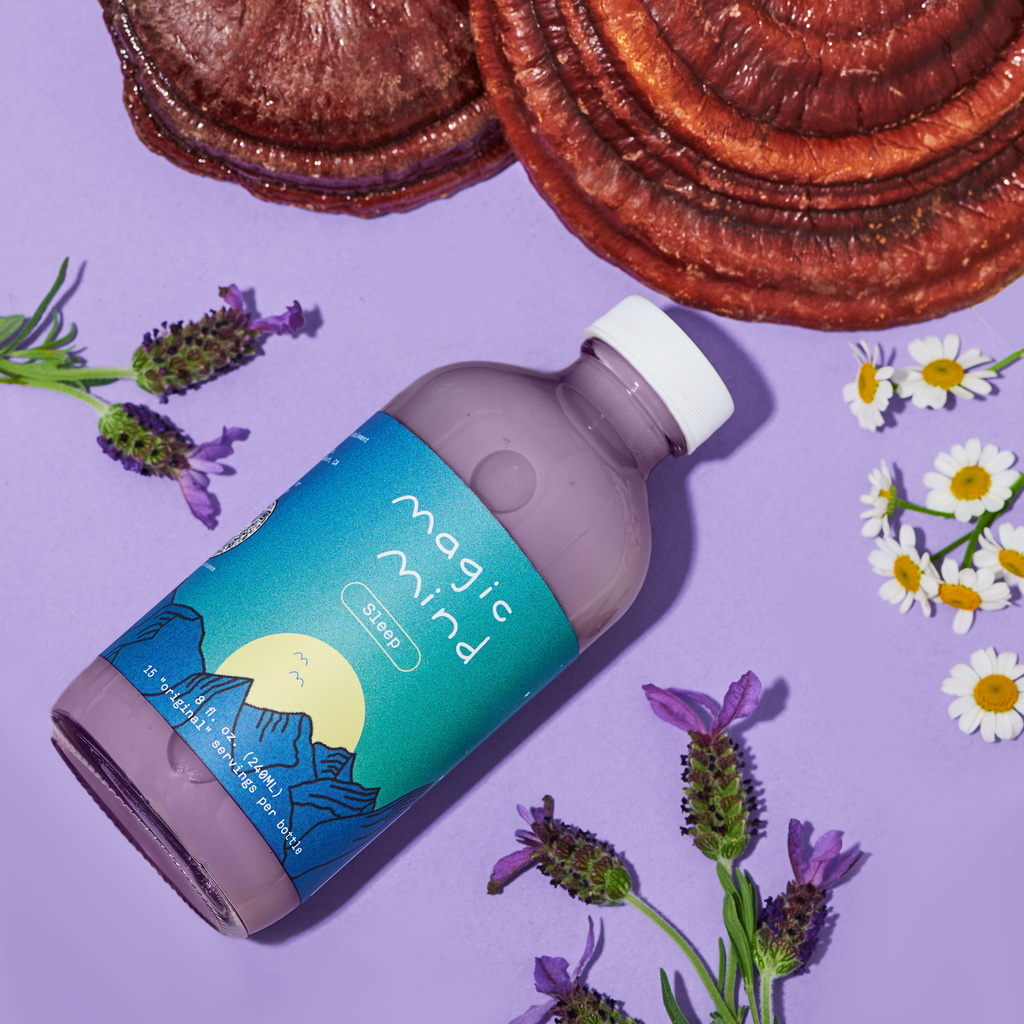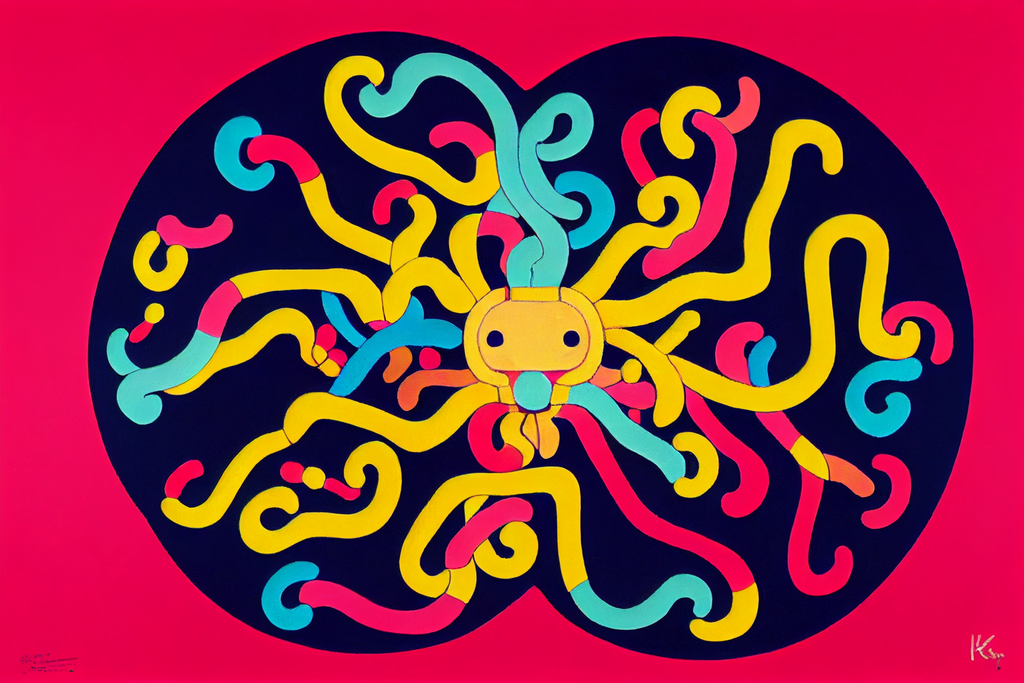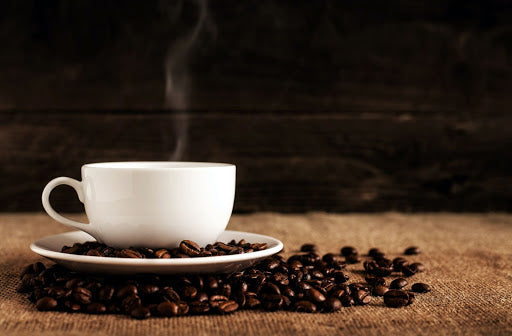The Best Nootropic Supplements
Are you thinking about taking nootropic supplements?
Nootropics have exploded in popularity over the past several years. Now, more people than ever are taking nootropics to improve their brain function, memory, and motivation.
However, you shouldn’t just grab the first nootropics bottle you see off the shelf. Not all nootropics supplements are created equally, so it’s very important that you do your research before buying.
What are the best nootropics supplements? Read on to find out.
What are Nootropics?
As we mentioned, nootropics exploded in popularity over the last several years. However, the term “nootropic” has been around for much longer. The term first came onto the scene in the 1960s when a Romanian chemist named Dr. Corneliu Giurgea was attempting to invent a sleeping pill.
Instead, he wound up with another type of pill that’s now known as a nootropic. In order for something to qualify as a nootropic, it needs to:
- Enhance your memory
- Shield your brain from injury
- Improve your behavior in adverse conditions
- Improve the subcortical control mechanisms
- Demonstrate a low side-effect and toxicity profile
Even though the word nootropic only dates back about 60 years, there’s evidence that ancient civilizations used plants for brain enhancement as many as 10,000 years ago.
The Best Nootropic Supplements

So what nootropics should you be using to improve your health? Here are some of the best options:
L-Theanine
Commonly found in tea, l-theanine is a naturally occurring amino acid. Several studies show that l-theanine produces a calming effect without making you feel drowsy.
Even just 50 mg of l-theanine per day, which amounts to about two cups of tea, can increase alpha waves in the brain that are linked to creativity. When taken with caffeine, l-theanine can be even more effective. For this reason, you’ll see many nootropic supplements with both caffeine and l-theanine.
Related: L-Theanine: What is It and What Are the Benefits?
Caffeine

Caffeine is another very common nootropic. Caffeine is the most consumed psychostimulant in the world.
As you probably know, caffeine is naturally found in coffee and tea. It’s also found in cocoa, kola nuts, and guarana. Most people drink caffeine to wake themselves up. However, very few understand just what caffeine does to make us feel less tired.
Caffeine blocks the adenosine receptors from activating, which normally causes drowsiness. When caffeine binds to these receptors, it causes us to feel more awake.
Are you wondering how to increase dopamine naturally? Click here to find out!
Creatine
When most people think of creatine, they think of protein shakes and muscle building. However, creatine isn’t just for weightlifters.
While creatine does promote muscle growth, it’s also very beneficial for your brain. When you consume creatine, it enters your brain and binds to phosphate. This creates a new molecule that your brain quickly uses to fuel cells.
The increased brain cell energy helps to improve your reasoning skills and short-term memory. Studies show that this is especially true for people with high-stress levels and vegetarians.
Ginkgo Biloba
Ginkgo Biloba is another very common nootropic. Ginkgo Biloba comes from a tree that’s native to China.
The nootropic supplement can help improve memory levels and mental processing. It can also reduce stress-related to high blood pressure. Scientists hypothesize that some of the benefits of ginkgo Biloba are due to the increased blood flow in the brain that occurs after you take it.
Ginseng
Ginseng has been used as a medicinal plant for thousands of years. Studies show that ginseng can help improve your brain function and reduce mental fatigue.
Ginseng also has a potent antioxidant effect that can help reduce inflammation. It may even help boost your immune system.
Bacopa Monnieri
Bacopa Monnieri is an herb that has been used for thousands of years as a part of Ayurvedic medicine. Ayurvedic medicine is one of the oldest medicinal systems in the world, and it still remains a traditional part of India’s healthcare system.
Bacopa Monnieri may help improve your memory and speed up information processing in your brain. The herb contains active compounds called bacosides that protect your brain from oxidative stress. It also improves signals to the hippocampus, which is the part of the brain that’s related to memory processing.
However, the effects of this nootropic are not felt immediately. Most people need to take it for several months to start reaping the benefits.
Rhodiola Rosea
Rhodiola Rosea is another herb that’s also a nootropic. It helps your body more effectively handle stress, and it can also improve your mood and help decrease feelings of burnout.
Taking small doses of Rhodiola Rosea can also help reduce mental fatigue and increase feelings of well-being. However, scientists need to conduct more research to determine the proper dosing amounts for Rhodiola Rosea.
Noopept
Noopept is the only nootropic on this list that isn’t naturally occurring. Rather, it’s a synthetic drug made in a lab.
Unlike some other nootropics, the effects of noopept can be felt in minutes rather than hours, days, or weeks. Typically, the effects of the nootropics last a few hours. Noopept can help improve your cognitive performance, and it also supports the nervous system.
Related: Best Nootropics for Memory
The Best Nootropic Supplements: Conclusion

Now that you know about the best nootropic supplements, it’s time to start shopping. Taking the right nootropics will help you boost your brain performance and live a healthier life. Before you buy nootropics, it’s important to read reviews and do some research into the company you’re purchasing from.
Are you looking to buy nootropic supplements? Check out our options!
Daily habit. Lifelong benefits.











